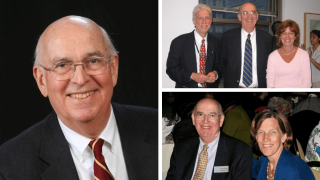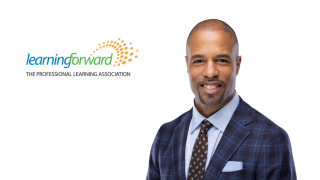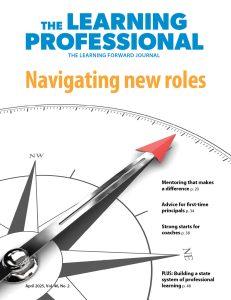Editor’s note: This post has been modified since its original publication to show five awardees instead of six.
Innovation within our educational systems is important for ensuring that we meet the needs of each child and that our educators are prepared to implement their own learning. An innovation mindset is critical to building the capacity for change within a system that leads to transformative practices in teaching and learning.
foundation_logoThe Learning Forward Foundation board of directors invited 36 candidates who were working on innovative strategies for professional learning to apply for the first Learning Forward Foundation Professional Learning Innovation Think Tank Challenge. Those chosen for the awards will be learning partners with the foundation and the other five schools or district leadership teams for one year to further explore potential innovative strategies for professional learning that will strengthen educator practice and meet student learning needs.
The Innovation Think Tank Challenge Team is pleased to announce five award winners for the Learning Forward Foundation Professional Learning Innovation Think Tank Challenge. The awards represent two high schools (one of which is a Professional Development School; two schools, one elementary and one secondary, with a combined professional learning plan; a pre-K-6 school; and one district submitting the application for four schools. The socio-economic demographic of the awardees serves all populations. Each also has a diverse leadership team and is committed to engaging with multiple partners. This is the beginning of a learning partnership between the Learning Forward Foundation and the awardees to learn more about how we can support innovative practice for professional learning, as well as support the Learning Forward Foundation’s mission and vision.
Denise Augustine, Director of Aboriginal Education and Learner Engagement at SD 79 Cowichan in Duncan, British Columbia, represents two K-12 schools with a large First Nation population. Her project connects two schools, one elementary and one secondary. Both schools have a large Aboriginal population who tend to be disengaged from the education system. The focus of the project is to look at two different ways to engage students. At the elementary school a makerspace/hands-on learning strategy is being used. At the secondary level a multi-grade land-based approach is in place. By connecting the teams of teachers at the two schools for professional learning and sharing of practice, it is hoped to accelerate both the innovation and its dissemination.
Janet Ciarrocca, Principal of Livingston Park Elementary in North Brunswick, New Jersey, represents a wide socio-economic population in four elementary schools. Her team is interested in joining the innovation challenge in order to bring the Connected Action Roadmap, or CAR framework, of guided PLC conversations and blended online learning modules from one elementary school to all of our four elementary schools. They hope to deeply integrate a consistent cycle of improvement and professional learning into each school’s PLC work. This will allow them to have a consistent system across all four schools that allows for teachers to strengthen their focus on the planning of units/lessons, common formative and summative assessments, and reviewing assessment data to plan instruction. Currently, PLCs across the schools are working in isolation and want to consistently plan for and implement the cycle of professional learning that could allow them to truly increase student achievement.
Juan Guiterrez, Principal of Patrick HenryChicago PS in Chicago, Illinois represents a pre-k through 6 school that is 96% low income. In his proposal, he emphasizes that Patrick Henry will be the proof positive model of how an underfunded school with a mostly low income, non-native English speaking population can transform an old building into a shiny model of personalized learning. The innovation will accelerate student outcomes whereby teachers build a course catalog of core and enrichment classes driven by student interests based on the Learner Profiles and Competency Based Progression. The Core Leadership Team will design “Patrick Henry’s Professional Learning Framework of Innovation” to meet every teacher and learner where they are, through creative use of resources, prototyping and scheduling.
Deborah Piper, Coordinator of Teacher Development in Baltimore County Public Schools located in Baltimore, Maryland, represents Overlea High School and Loyola University’s Professional Development School Learning Center with a low income population. Her proposal seeks to develop engaged learning for students by building professional learning communities including students across institutional boundaries, capable not only of support and encouragement, but also of critique and innovation. They have begun to create professional learning communities encouraging genuine inquiry and risk-taking. They are launching this collaborative learning organization to support students in actualizing their potential as learners and their sense of belonging within the school community. They propose the Learning Center as the vehicle to house these innovative possibilities for the community of Loyola University professors, preservice interns, Baltimore County leaders, and Overlea High School teachers and student leaders.
Tom Schmidt, Principal of Legacy High School in Bismarck, North Dakota, represents a high school with a wide socio-economic population. His proposal centers around using personalized scheduling as the driving force behind a schedule that allows a student to be in charge of their personalized learning. Professional learning will support the vision with a focus on having a shared student mentality. The basic idea behind personalized scheduling is that the instructional program should drive the schedule, not the reverse. In our form of personalized scheduling (called flex mod), mods are combined to adjust class length depending on the instructional need of the content. Students then use their independent time to tailor their learning to their own needs.
As the year progresses, we look forward to sharing our professional learning innovation journey with the Learning Forward family!


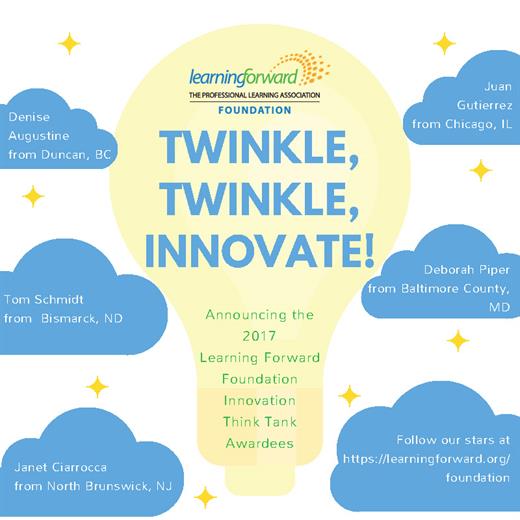
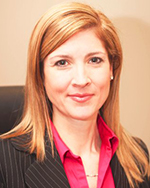
![Poil blog v1[1]](https://learningforward.org/wp-content/uploads/bb-plugin/cache/poil-blog-v11-custom_crop.jpg)
